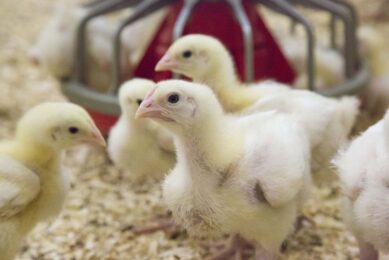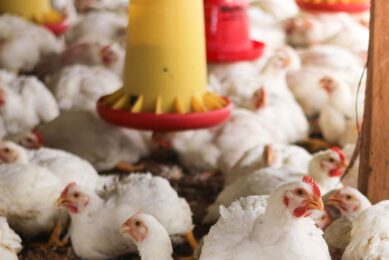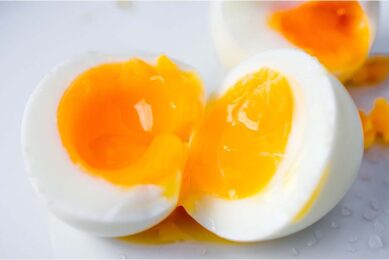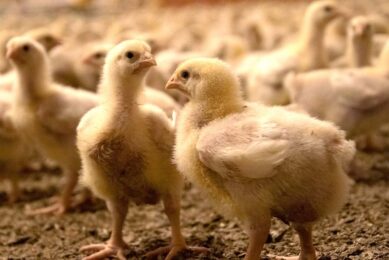Rabobank: overall input costs meat rising
Although feed prices seem to be stable – or even declining – farmers still face high energy and water bills according to Albert Vernooij, meat sector analyst at Rabobank in the Netherlands.
“Wheat prices nearly doubled in 2007 but prices have pulled back substantially due to large harvest prospects this year, with feed wheat especially in plentiful supply. Maize and feed barley markets are also easing” Vernooij said.
Jorge de Saja, secretary general of Spain’s feed makers association CESFAC said plunging wheat prices and expectations of abundant low quality wheat in Britain and elsewhere could reduce costs for the feed industry. He said this would likely lead to an easing in feed prices, though only by a limited amount due to other costs such as energy and packaging. French animal feed body SNIA also pointed to the high cost of ingredients such as soy meal in a report.
Robert Newbery, poultry adviser at Britain’s National Farmers’ Union (NFU) said: “Other significant costs like energy and even inputs like water are getting more and more expensive so overall the input costs are on the rise for poultry producers.” While poultry, with a shorter lifecycle, responds more quickly to changes in production costs, there is less of a correlation for other meats such as pork and beef. “It takes a while before the supply in animals changes due to costs such as feed prices,” said Rabobank’s Vernooij.
“For poultry, we could see an effect starting in three to six months, for pork it should take more than a year and in beef you have not seen a real reaction in prices to feeds costs, because that cycle takes two to three years.”
Related link:
Join 31,000+ subscribers
Subscribe to our newsletter to stay updated about all the need-to-know content in the poultry sector, three times a week. Beheer
Beheer








 WP Admin
WP Admin  Bewerk bericht
Bewerk bericht